University of Minnesota students deal with their finances in many ways, through different spending and saving habits.
Some students are not worried about their financial stability, while others work to improve their financial literacy or struggle with other parts of their finances.
Samantha Hofmann, a fourth-year journalism student, said she has a credit card for her everyday expenses.
Hofmann, who works at a Menards hardware store in the suburbs and is a commuter student, said while she makes enough money to afford food and gas, much of her weekly expenses come from online shopping on Amazon.
“I utilize every aspect of a credit card I can because my dad enabled me to get one to start building credit young,” Hoffmann said.
Since she lives at home, Hoffmann said she and her mom rotate each week to buy groceries, but she also buys food throughout the week.
“Leftovers is honestly disgusting half of the time, so I’ll go out and buy a pre-made meal. We also eat out a lot,” Hoffmann said.
Hofmann said she used her credit card while attending her study abroad program last spring, and now she is working her way through paying off what she calls her “international debt.”
“I have four different credit cards, but there’s only money on them,” Hoffman said. “I forget almost every month to pay it until the night before, so half the time I’ll be calling in saying ‘Hey, I forgot to pay,’ so I can pay over the phone and not get a late fee.”
Paige Keller, a third-year pre-veterinary animal sciences student, lives in a sorority house where she said she pays a certain amount of money to cover food and housing expenses for every member, which leaves most of her spending money on medications and other personal needs and wants.
“I will usually look at my credit card balance almost every day, and then I’ll go over to my debit card accounts to see how much money I have in those accounts,” Keller said. “I’ve been fairly good about not buying something that I know I don’t have money for.”
Keller added she has two jobs — one as a server at Texas Roadhouse and the other as a student worker at the Veterinary Diagnostics Laboratory on the St. Paul campus — to help generate income as an out-of-state student whose parents were adamant about being financially independent.
“I had quite a bit of money saved up coming into college, but after my first semester I kind of blew through it, not realizing how fast I would go through it,” Keller said.
She worked at the St. Paul Student Center in her second semester of college but said she was not earning enough money to pay for gas and car insurance, so she applied at Texas Roadhouse.
Keller said she began having car problems in her second year after her catalytic converter was stolen on campus, which led to recurring problems and her recently purchasing a new vehicle.
“Luckily I had a credit card because I could not afford this vehicle if I didn’t have a credit card with me,” Keller said. “I’m glad I was prepared with multiple sources of income and having a credit card.”
Benjamin Lindeen, a third-year computer science student and the president of the Multicultural Personal Finance Club, said he worked on his personal finances since high school.
He currently has a Roth IRA account, several credit cards, an investment account and a high-yield savings account. Lindeen said his mom, who is approaching the end of her working career, did not prepare much for her retirement. That drove him to find ways to park his money.
“What I do that is easily replicable would be putting any money that you have, or any large sum of money that you have that you don’t need, immediately into a high-yield savings account,” Lindeen said.
He said he utilizes credit card rewards to drive his expenses down since he applies for a credit card every six months.
“There’s a lot of card companies who are really invested in getting new customers,” Lindeen said. “They’ll offer sign-up bonuses for getting those cards and will give you a statement credit.”
Lots of students face anxiety about handling their money and the affordability of basic goods, according to Julie Selander, the director of One Stop Student Services.
“Students may not give themselves enough credit for how much they do know,” Selander said. “There’s that reassurance too, where it’s not me telling you that you’re on the right track, it’s, ‘Let’s put down the numbers and do the math.’”
One Stop Student Services provides financial workshops and financial wellness counseling for students, where they can meet with a finance counselor about their concerns and come up with solutions, according to Selander.
“When students reach out to us to do a financial wellness appointment, we get a better understanding of their specific needs through a quick survey,” Selander said. “If it’s time-sensitive, we don’t want them to wait for an appointment, we want to address it as quickly as possible.”
Selander said One Stop tries to create an easy, convenient and inclusive environment for students to talk about their finances through a Zoom appointment or in-person appointment.
“We’ll help drive the conversation a little bit, we’ll reach out before the appointment to better understand what it is you’re hoping to get out of an appointment,” Selander said. “If finances are something new and you’re like, ‘I don’t know what to expect,’ let us know.”








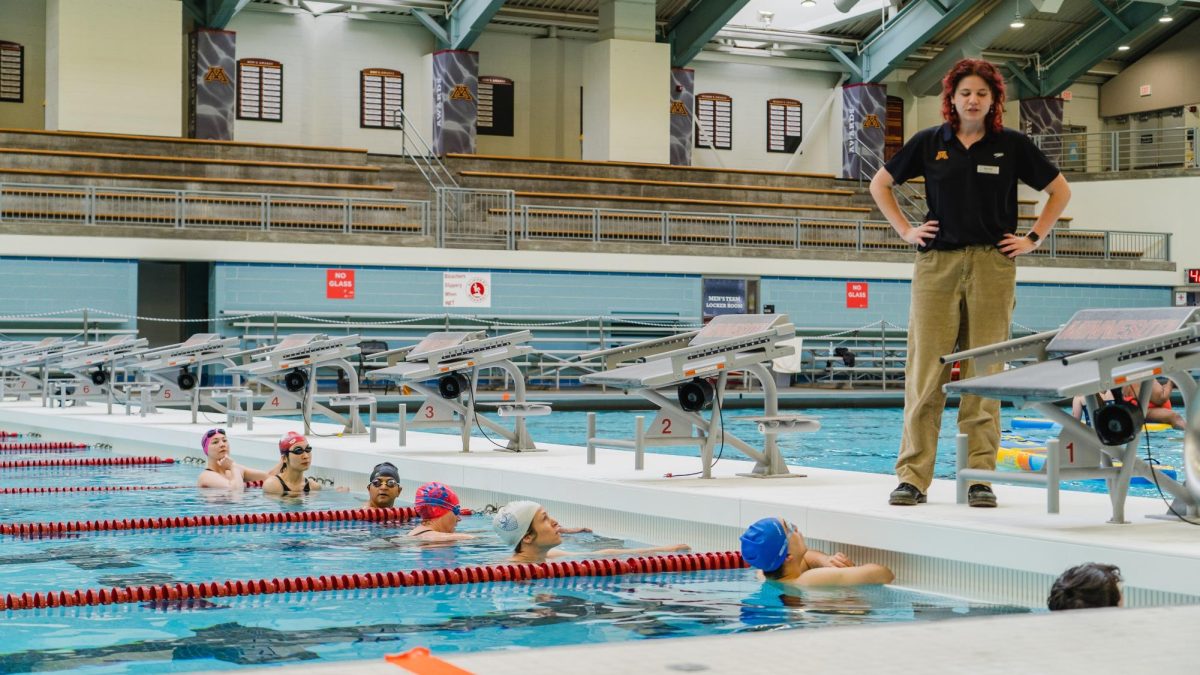
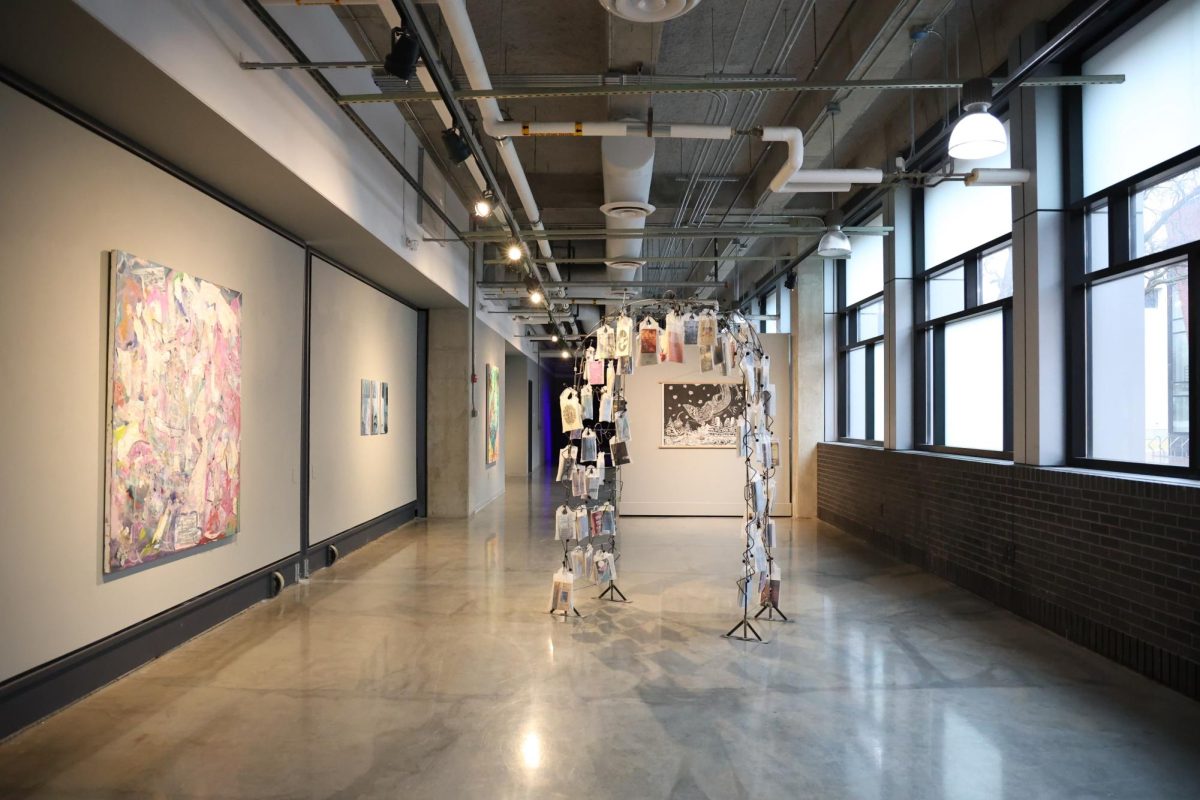
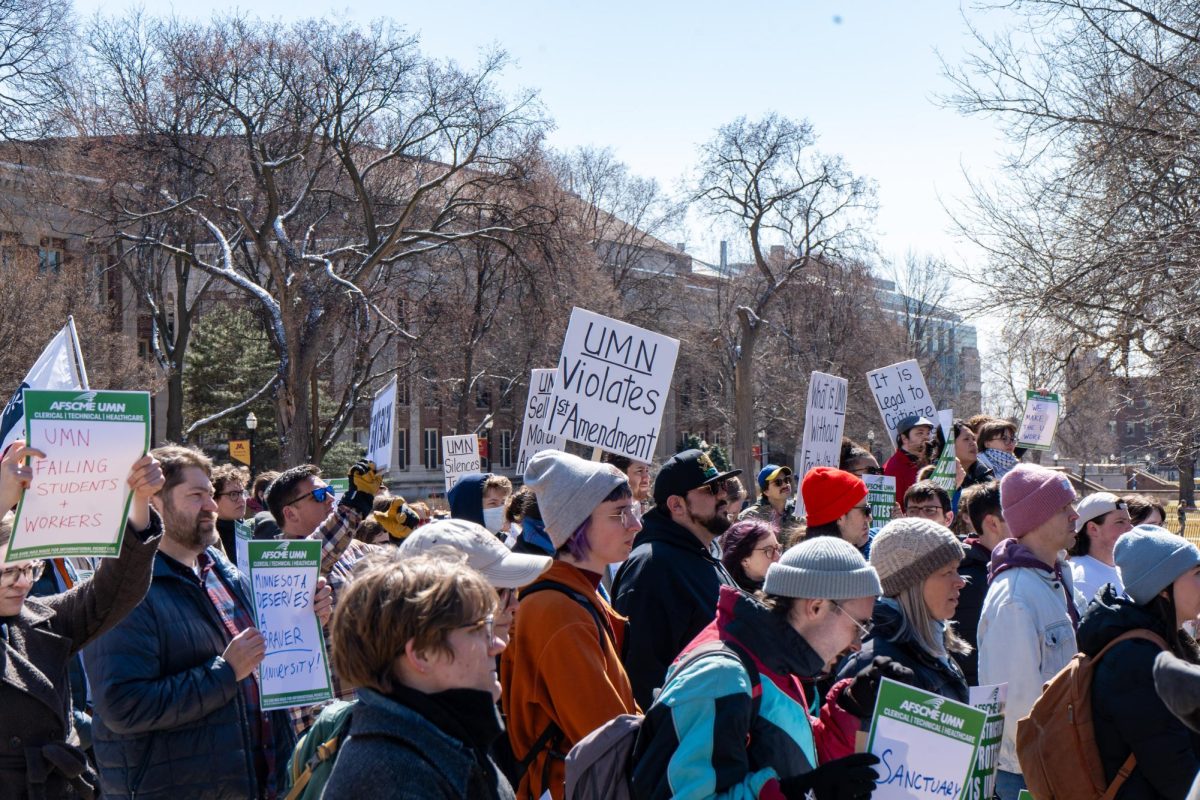

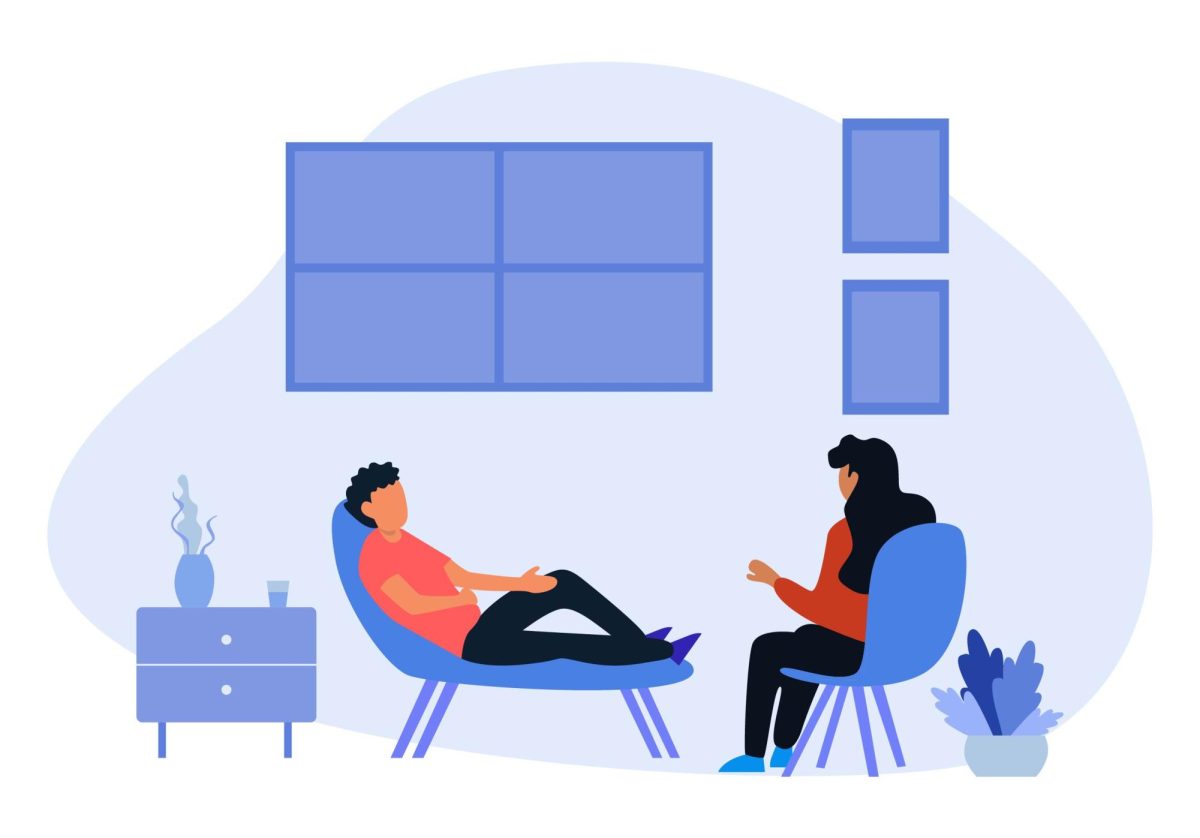




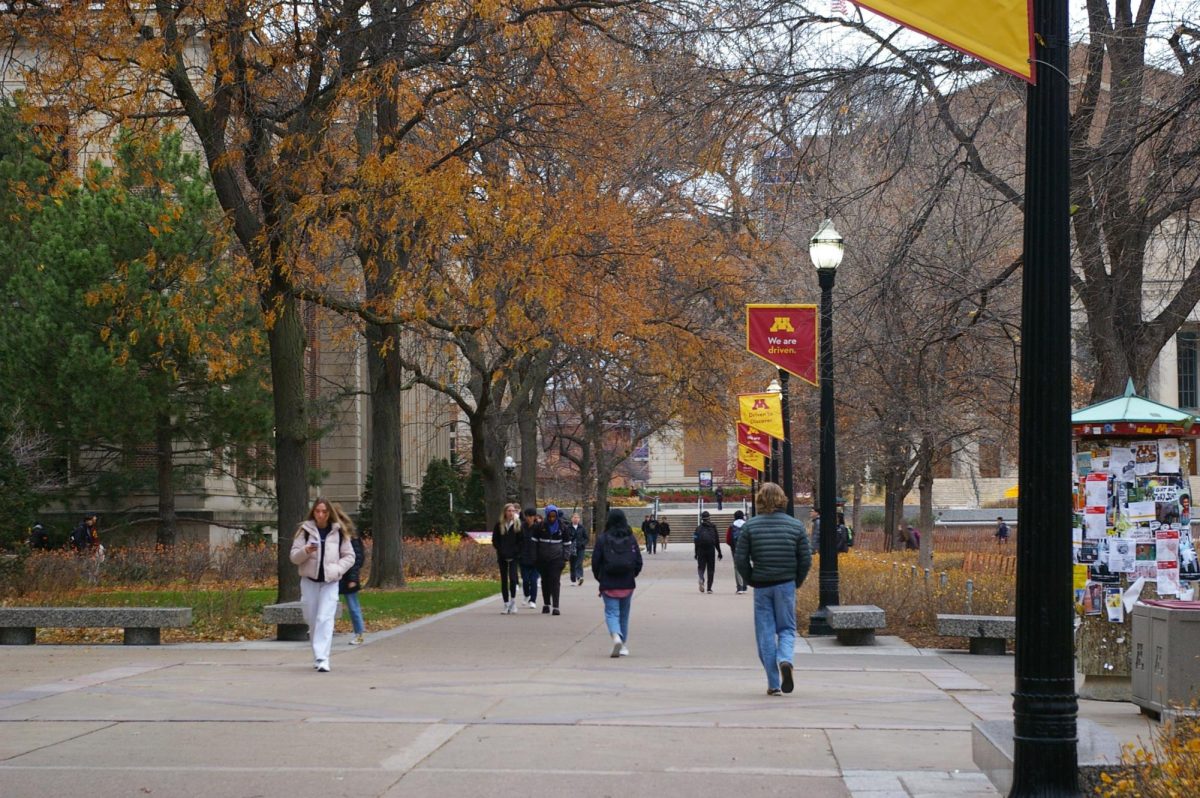
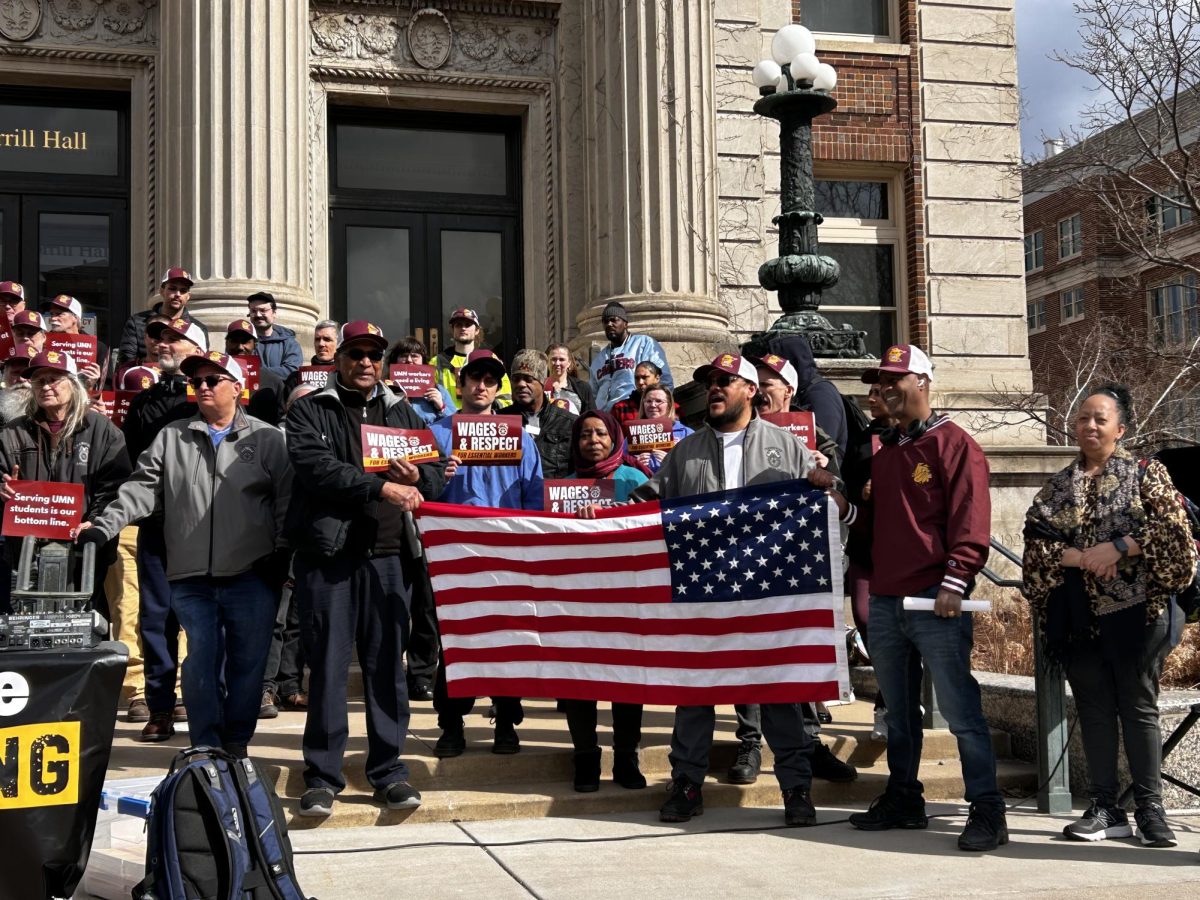
Steve Hauser
Mar 15, 2024 at 10:25 am
Willingly carrying a credit card balance is a bad idea. If you can’t pay the full bill at the end of month, you’re buying too much stuff. Do NOT develop the bad habit of carrying a balance; it’s a path to financial disaster.